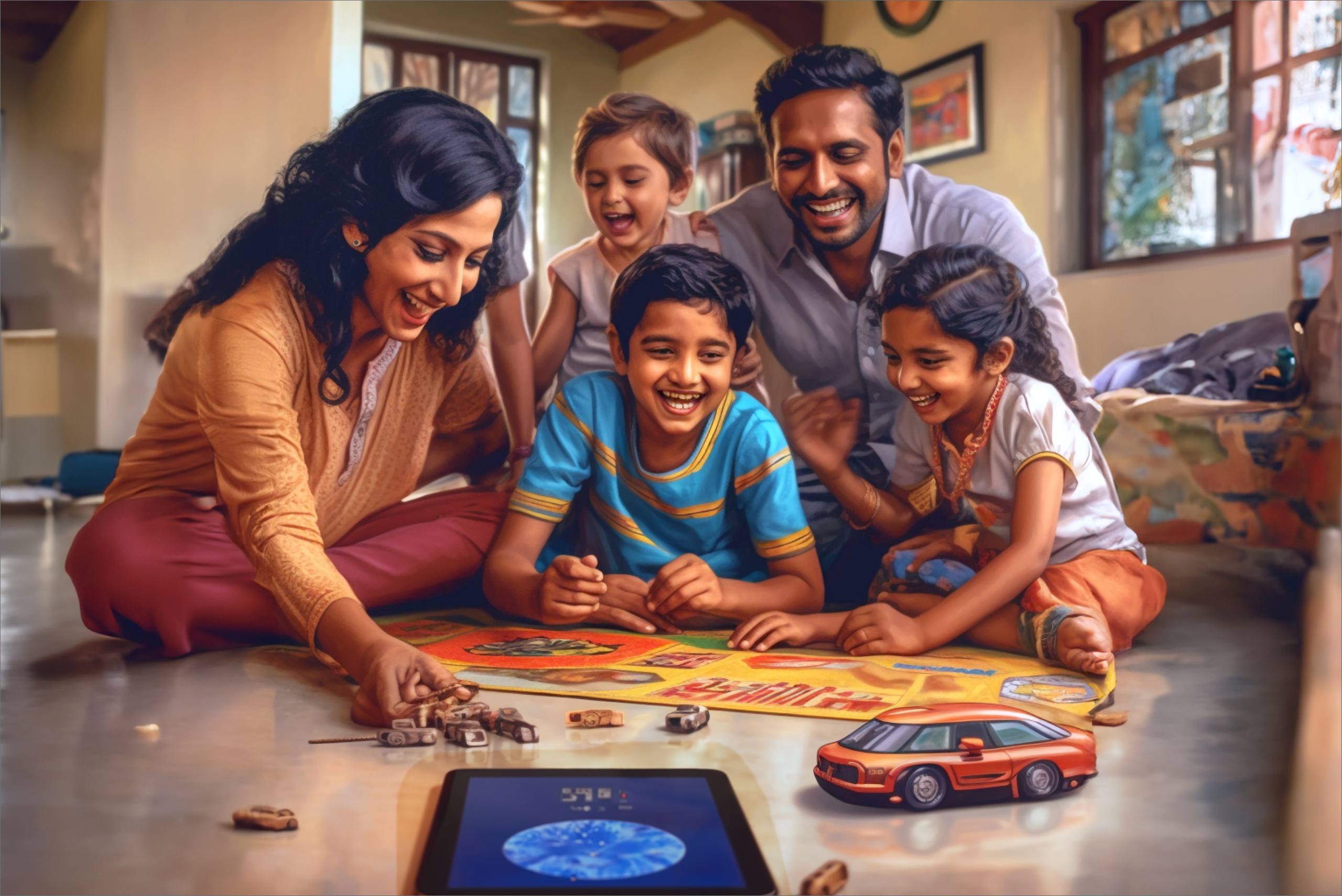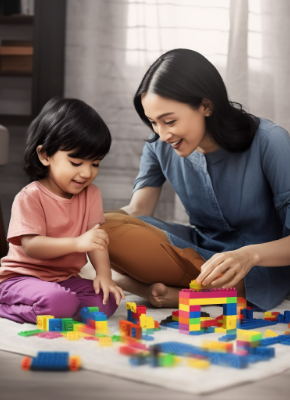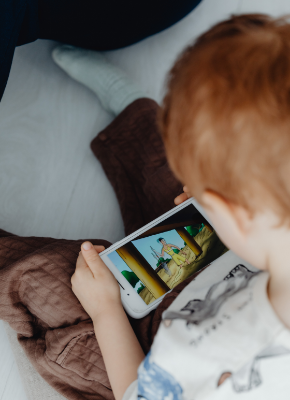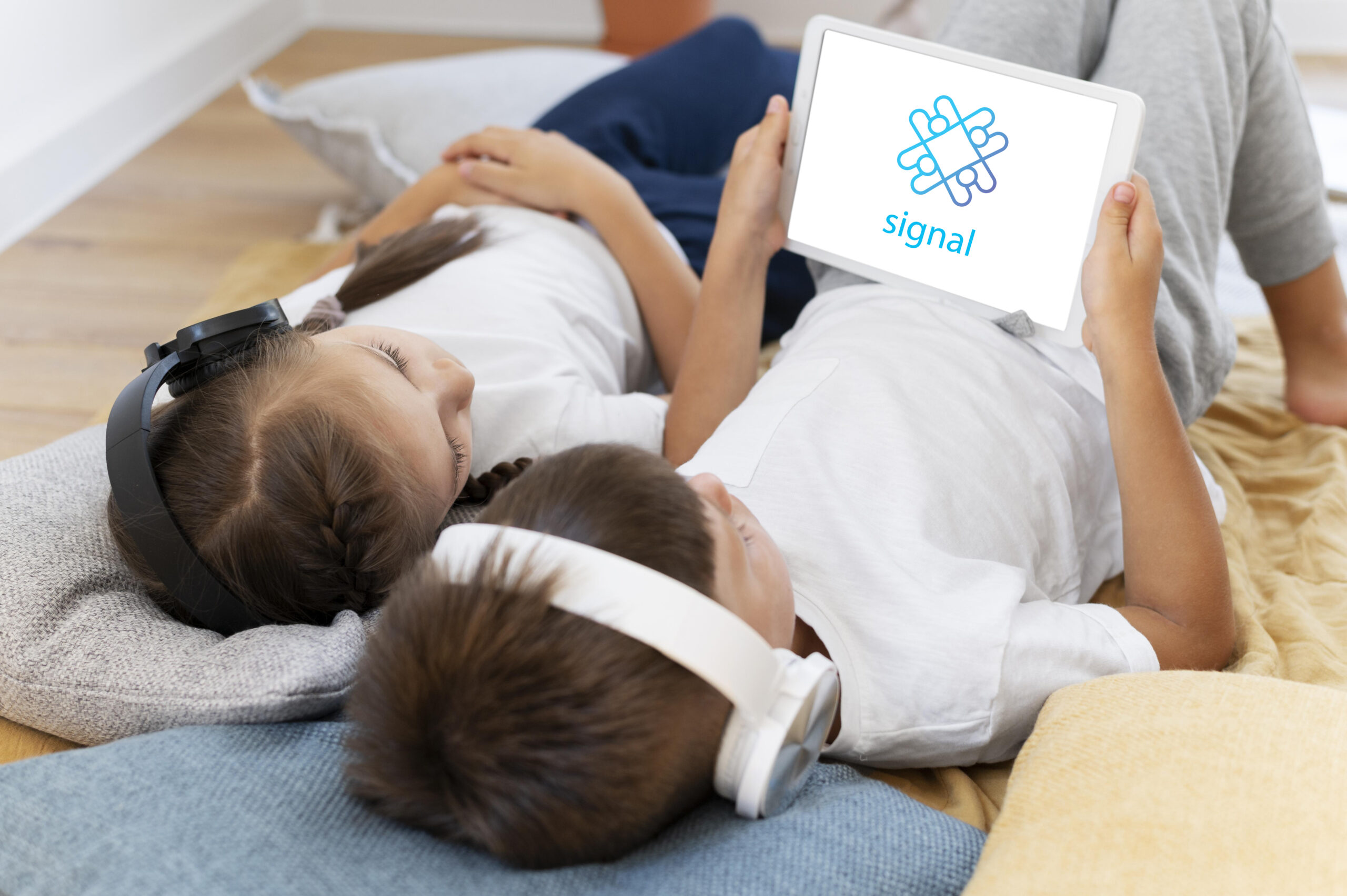How it works
Designed to Empower Parents and Teachers to Build the Core Capability of 'How to Learn' in Children
Research evidence
The Science Behind the 'How to Learn' Capability
Scientific research says that ‘How to Learn’ is a metacognitive skill that subconsciously takes shape on top of an interconnected web of individual cognitive skills shown below:
- Critical Thinking
- Creativity
- Curiosity
- Resilience
- Focus
- Self Regulation
- Memory
- Comprehension & Communication
- Collaboration
Our children must engage in activities that cultivate these cognitive skills which in turn generates new and strengthens existing neural pathways which is crucial for learning.
Neuroscience of Learning
The brain learns through a process called neuroplasticity, where neural connections called synapses are strengthened or weakened based on experiences. Learning involves encoding new information, consolidating it into long-term memory, and retrieving it when needed. Using multiple modalities, such as combining visual, auditory, and kinesthetic inputs during physical activities boost neurogenesis, synaptic formation, and the efficiency of neural networks, thereby improving learning and memory.
Educational Psychology
Children should be involved in active learning, where they engage with the material through discussions and hands-on activities, and metacognition, which involves reflecting on one's own learning processes. Cognitive development is enhanced by age-appropriate challenges that stimulate critical thinking and problem-solving skills supplemented with teaching them to set goals, manage their time, and develop self-regulation skills. Encouraging a growth mindset, where effort and persistence are valued, also plays a key role in enhancing learning capabilities.
Child Psychology
Emotional well-being is crucial as it impacts a child's ability to learn, manage stress and anxiety, and interact with others. Providing a consistent and structured routine helps children feel secure, while promoting a growth mindset teaches them that abilities can be developed through effort. Motivation to learn can be fostered by setting achievable goals, providing positive reinforcement, and connecting learning to real-life interests and experiences.
01
Personalized Activity Recommendations
- Mix of Physical and Digital activities for experiential learning.
- Activities that require visual, auditory, and kinesthetic engagement.
- Curated activities integrating insights from neuroscience, child psychology, and educational psychology.
- Activities that enable Play-Based Learning to make learning enjoyable and engaging.
02
Continuous Assessment
- Real-time assessment of a child's progress across cognitive parameters.
- Enables a responsive learning environment that supports the individual needs of each child.
- Assessment based on Bloom's Taxonomy promoting Higher Order Thinking skills in each child.
- Early detection of learning gaps allows for prompt intervention, preventing small issues from becoming significant barriers to learning.
03
Learning Nuggets
- Structured activities curated to introduce new concepts to children in an engaging manner.
- These activities aim to ignite curiosity and foster a love for learning by offering short video content.
- After watching the video, the child answers a quiz to reinforce the knowledge gained, followed by a hands-on physical activity or home experiment.
- Specifically designed to enhance problem-solving skills and encourage higher-order thinking aligned with Bloom's Taxonomy.
04
Shadow Practice
- Activities designed to enhance linguistic comprehension, self-reflection and critical thinking.
- Children record and review their thoughts improving metacognition, fostering better language understanding and self-expression.
- Through consistent practice, children refine their self-evaluation skills and develop clearer speech, language comprehension, and greater self-confidence.
05
Better Me and Interest Activities
- These hands-on, off-screen activities aim to instil cultural values and ethos, nurturing personal growth and social skills.
- Includes tailored challenges designed to empower kids by promoting healthy habits, values, independence, and confidence.
- They introduce children to new areas, potentially nurturing interests that unlock the child's potential.
- These activities aim to cultivate valuable life skills, serve as a healthy outlet for energy, and allow children to explore and express their passions and creativity.
Why Should you care
Want Your Child to Succeed in Life?
Teach them the Life Skill of 'How to Learn' before 'What to Learn'
The ability to learn on your own is directly correlated to success in life helping our children stand on their own feet.
With rapid advancement in AI, we don’t know what professional skills our children would need 10 years from now, but we do know that the ability to learn new skills quickly will stay relevant forever.
- Systematic development of coginitive skills like critical thinking, creativity, curiosity, resilience and 10 more.
- Real time assessment and reporting to ensure continuous cognitive improvement.
- Scientific research based activity recommendations for cognitive growth across all parameters.
- 80% physical activities to reduce screen time.
- Replaces current screen time wtih fun phygital activities.
- NEP 2020 compliant
Critical Thinking
Cultivating critical thinking skills enables children to analyze information, evaluate its credibility, and form well-reasoned judgments.
Creativity
Children can unlock pathways for innovation, problem-solving, and self-expression with the creativity skill. Creativity and Critical Thinking is a powerful combination.
Curiosity
By cultivating curiosity, children can discover their potential, foster a love for learning, and thrive in a rapidly changing world that demands continuous growth and adaptation.
Resilience
Resilience and perseverance are important qualities that help children bounce back from obstacles, maintain motivation, and continue learning despite difficulties.






Who is it for
Our AI Enabled Platform is Best Suited for 7-13 Year Olds
Our platform will empower parents, guardians and teachers to set a strong foundational of cognitive skills among children during their formative years before they start focusing on career specific specializations.
‘How to Learn’ is a metacognitive skill that subconsciously takes shape on top of an interconnected web of individual cognitive skills like curiosity, creativity, critical thinking and more. We will be using deep tech to inculcate the capability of 'How to Learn' in children. We believe that children in the age group of 7-13 years would be comfortable using technology and get optimal results.
Guardians, Parents & Teachers
Parents or Teachers or other Guardians are in the driving seat of all Signal platforms. The child is engaged by the app only after a guardian approves the activity recommendations from Signal. The child undertakes the activity, but it is marked completed only after the guardian approves the activity submission after thorough review.
Educational Institutions
Our platform is a great fit for schools and colleges to implement NEP 2020 directives in their offerings and become NEP 2020 compliant.
Our tools are based on scientific research to systematically develop cognitive skills among students which aligns perfectly with the goals of NEP 2020 covering holistic and multidisciplinary education.
Corporates
Signal App can also be used by corporates to develop these cognitive skills among employees. Problem solving, critical thinking, empathy, resilience etc. are 21st century skills that are becoming a key criterion during the hiring process as well as for sustaining high performance.
PLANS & PRICING
Start Your 5 Days Free Trial Now.
No Credit Card Required.
01
Free
* Add 1 child account
* Only 8 activity recommendations per month per child
* View only access to questions for core capabilities development
* No dynamic assessment of core capabilities
* Full access to rewards system
- Refer Signal to your friends. Thats all we ask for.
02
Basic
Inaugural offer, Save 50%
* Add 1 child account
* 40 activity recommendations per month per child
* Personalized activity recommendations for core capabilities development
* Continuous assessment of core capabilities development
* Full access to the rewards system
* Free shipping for any reward orders
* Detailed real time infographic reports
- 99 per month (Inaugural offer, valid till 30th-Jun-2024)
- 199 per month (Regular price)
03
Standard
Inaugural offer, Save 50%
* Get 50 signal reward points worth Rs. 50 free per month as subscription bonus
* Add 1 child account
* 100 activity recommendations per month per child
* Personalized activity recommendations for core capabilities development
* Continuous assessment of core capabilities development
* Full access to the rewards system
* Free shipping for any reward orders
* Detailed real time infographic reports
- 499 per month (Inaugural offer, valid till 30th-Jun-2024)
- 999 per month (Regular price)